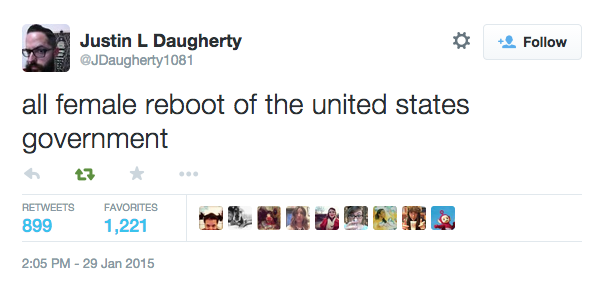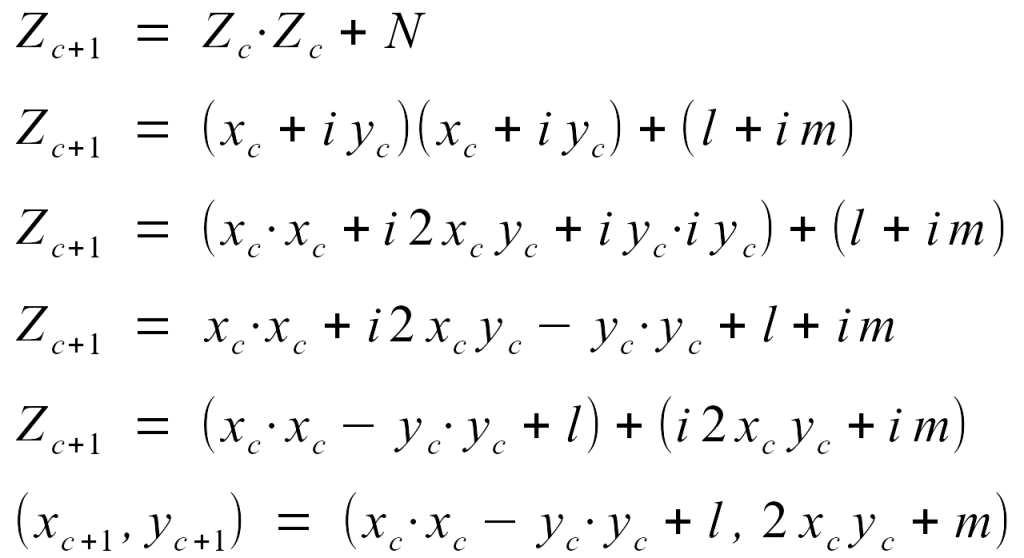I’ve read a fair number of papers covering race and genes. In fact, before I go farther, here’s a bibliography:
In this article, the authors argue that the overwhelming portion of the literature on intelligence, race, and genetics is based on folk taxonomies rather than scientific analysis. They suggest that because theorists of intelligence disagree as to what it is, any consideration of its relationships to other constructs must be tentative at best. They further argue that race is a social construction with no scientific definition. Thus, studies of the relationship between race and other constructs may serve social ends but cannot serve scientific ends. No gene has yet been conclusively linked to intelligence, so attempts to provide a compelling genetic link of race to intelligence are not feasible at this time. The authors also show that heritability, a behavior-genetic concept, is inadequate in regard to providing such a link.
Sternberg, Robert J., Elena L. Grigorenko, and Kenneth K. Kidd. “Intelligence, race, and genetics.” American Psychologist 60.1 (2005): 46.
The literature on candidate gene associations is full of reports that have not stood up to rigorous replication. This is the case both for straightforward main effects and for candidate gene-by-environment interactions (Duncan and Keller 2011). As a result, the psychiatric and behavior genetics literature has become confusing and it now seems likely that many of the published findings of the last decade are wrong or misleading and have not contributed to real advances in knowledge. The reasons for this are complex, but include the likelihood that effect sizes of individual polymorphisms are small, that studies have therefore been underpowered, and that multiple hypotheses and methods of analysis have been explored; these conditions will result in an unacceptably high proportion of false findings (Ioannidis 2005).
Hewitt, John K. “Editorial Policy on Candidate Gene Association and Candidate Gene-by-Environment Interaction Studies of Complex Traits.” Behavior Genetics 42, no. 1 (January 1, 2012): 1–2. doi:10.1007/s10519-011-9504-z.





